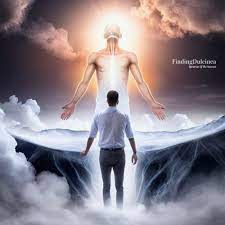The Impact of Work Pressure on Employees in India

Introduction In recent years, the concept of work-life balance has become increasingly important as the global workforce grapples with the pressures of modern employment. India, with its rapidly growing economy and competitive job market, is no exception. This blog aims to delve into the issue of work pressure in Indian offices, using real data to understand its prevalence, causes, and consequences. Prevalence of Work Pressure in India A survey conducted by the Indian Institute of Management (IIM) in 2020 revealed that nearly 70% of Indian employees experience high levels of stress at work. Here are some key statistics: Long Working Hours: A report by the Organisation for Economic Co-operation and Development (OECD) shows that Indians work an average of 2,243 hours per year, which is significantly higher than the OECD average. Work-Life Balance: According to a survey by LinkedIn, only about 30% of Indian professionals feel they have a good work-life balance. Burnout R...

